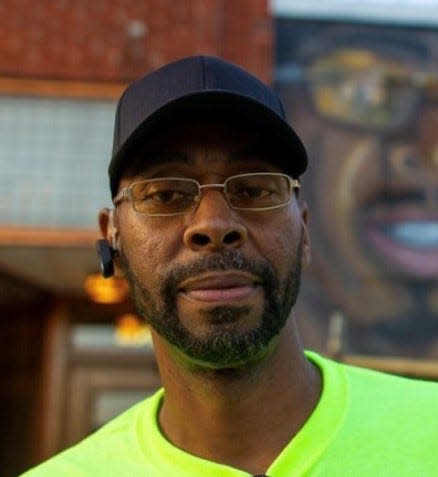Viewpoint: Juvenile justice bills would make Michigan national leader in reform
Last summer, Gov. Gretchen Whitmer’s nonpartisan Juvenile Justice Reform Task Force released its final report, revealing numerous findings ranging from racial inequities in the juvenile justice system to challenges in diverting low-risk youth into community programs instead of out-of-home placement.
The report outlined 32 recommendations to improve Michigan’s juvenile justice system.
In response to these recommendations, the Justice for Kids and Communities legislative package was introduced in the Michigan House and Senate and is moving its way through the legislative process.

This comprehensive package establishes a statewide framework for implementing the best policies and practices to serve our youth and their families while providing counties more resources to expand effective programming.
In the House Criminal Justice committee, a host of experts, practitioners, parents, and others who are the vision of a more effective juvenile justice system provided testimony. Michigan has the opportunity to lead the nation in reforming the system in a cost-effective, compassionate and research-driven way.
Resources are always critical, and to that end, House Bill 4624, sponsored by Representative Christine Morse, D-Kalamazoo, would significantly increase the reimbursement rate for community-based treatment and services through the state Child Care Fund (CCF). This legislation ensures that local communities will be empowered to employ best practices, including the use of risk assessments and financial support for pre-arrest diversion programs.

Pre-arrest diversion has been shown to improve public safety by equipping local courts to address root causes to youth discretions early with targeted and effective interventions. Pre-and post-arrest diversion programs consistently demonstrate lower recidivism rates compared to incarceration.
The package also alleviates the burden of a majority of juvenile court fines and fees and mandates the use of detention screening.
In its entirety, this legislation establishes a foundation of evidence-based best practices that significantly enhance youth outcomes, and, in turn, benefit the health and safety of our communities.
One initiative that exemplifies the transformative power of community engagement with youth is the Lansing-based Mikey23 Foundation. The foundation, established in the memory of Michael “Mikey” McKissic II, has provided mentorship and a supportive environment for young people. By focusing on innovative education and training in skilled trades led by licensed professionals, the foundation has empowered youth with valuable hands-on opportunities for self-development and growth, enabling them to reach their full potential.
The Justice for Kids and Communities legislative package provides an opportunity to invest in public safety, expand community-based care and improve youth outcomes.
Through this legislation, we have the chance to fully support our children, ensuring their fundamental needs are met and that all families can thrive.
Together, let’s transform Michigan’s juvenile justice system and set a powerful example as a model of public safety and rehabilitation.
Rep. Kara Hope, D-Holt, is chair of the House's criminal justice committee.
Michael McKissic is the founder of the Mikey23 Foundation in Lansing and the father of Michael McKissic II.
This article originally appeared on Lansing State Journal: Viewpoint: Juvenile justice bills would make Michigan leader in reform

